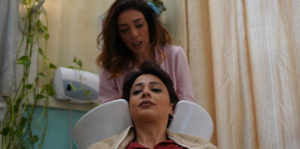
Hany Abu-Assad’s bleak Huda’s Salon attempts to work on multiple levels: an edge-of-your-seat thriller, a political treatise, and a study of female oppression. When it succeeds, it does so brilliantly; when the narrative stalls, the experience becomes frustrating. Nonetheless, the film is worth watching for its ambition, not to mention a brilliant central performance.
Said performance belongs to Maisa Abd Elhadi, who plays Reem, an unhappily married mother of a baby daughter. They reside in the West Bank of Bethlehem, Occupied Palestine, hell on Earth. Nevertheless, Reem finds respite from the horrors of everyday life in the titular salon. Early on, she engages in friendly conversation with Huda herself (Manal Awad); little does Reem know, her coffee has been spiked, and her life’s about to take a cataclysmic turn.
It’s difficult to describe the rest of the twisty plot of Huda’s Salon without revealing spoilers, but I’ll give it a shot. A heinous act is performed and photographed in the back room of the salon. Huda is obviously not who she says she is, posing an ultimatum to Reem, before getting caught and interrogated by resistance fighter Hasan (Ali Suliman). The incident intensifies everything in Reem’s life: her dislike of her husband, her numbness. Ultimately, she decides to try to escape.
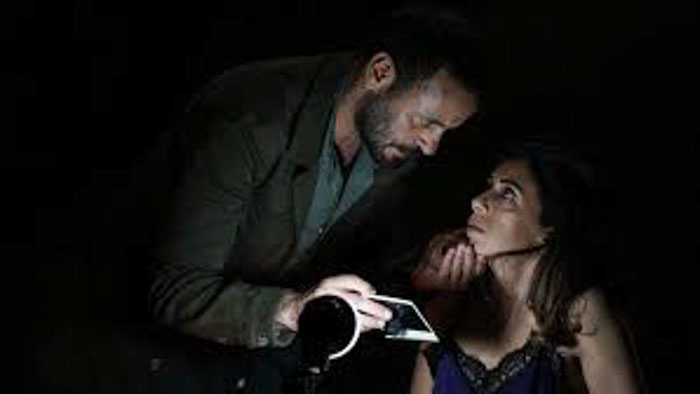
“…posing an ultimatum to Reem, before getting caught and interrogated by resistance fighter Hasan.”
Abu-Assad casts an unflinching eye at brutal proceedings, such as the graphic burning of a young man. His filmmaking drips with bitterness, with palpable hatred of an oppressive regime. Sadly, it sometimes manifests itself in a heavy-handed approach, with scenes – particularly in the middle – dragging and becoming repetitive, while heartfelt proclamations end up sounding cheesy (maybe things got lost in translation?). Reem’s storyline is superior to the questioning of Huda, making you wish the entire film revolved around the former character.
Still, Abu-Assad has an eye for shot composition and, notably, cleverly uses sound to emphasize suspenseful moments, like water dripping during the prolonged interrogation or the clanging of a giant washing machine. Certain moments such as Reem taking an impromptu, fully clothed shower while having guests over display true filmmaking finesse. Another such scene is a nail-biter of a sequence wherein Reem’s house is surrounded, and then there’s an attempted suicide while eating an apple. Maisa Abd Elhadi is worth the price of admission alone, her soulful performance buoying the narrative. Manal Awad also manages to shine, Huda’s stoicism almost, but never quite crumbling under pressure.
Huda’s Salon is a sobering, if not terribly insightful, glimpse of life in Palestine, focusing on the atrocious ordeals that women endure there. “Which enemy?” Huda, who believes her actions make young women stronger, asks at a crucial point. “Everyone’s the enemy. It’s easier to occupy a society that is already repressing itself.” When morals and ethics become muddled, when right becomes indistinguishable from wrong, when there is nowhere to run, and the world closes in on you, what options do you have left? Though Abu-Assad’s equally muddled but intriguing Huda’s Salon poses more questions than answers, they are compelling enough to warrant a recommendation.
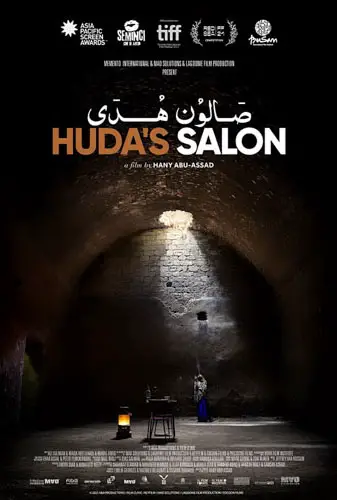
"…Abu-Assad has an eye for shot composition..."
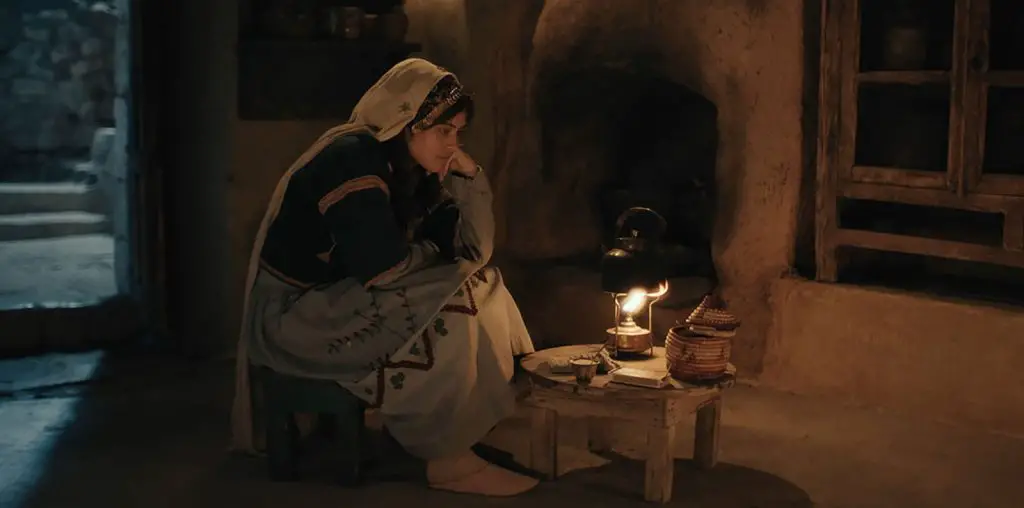
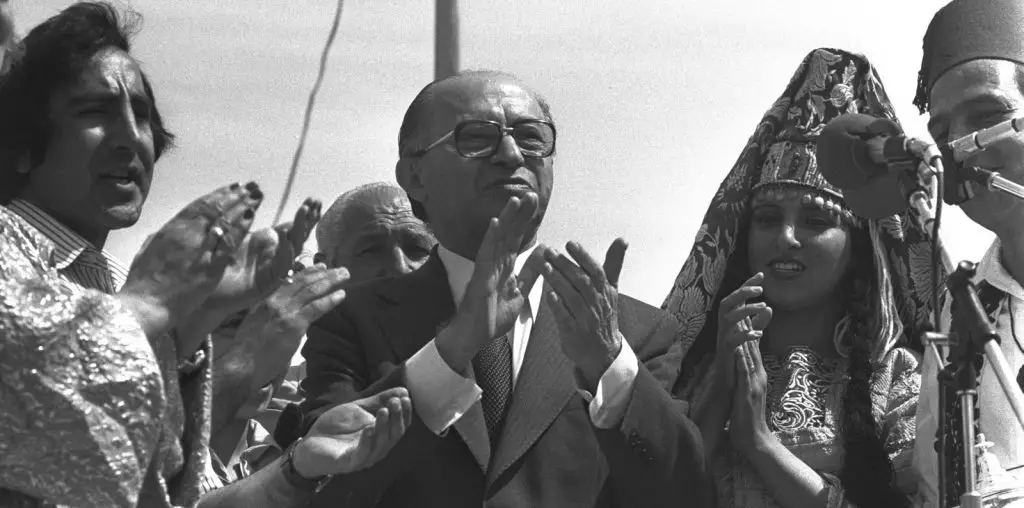
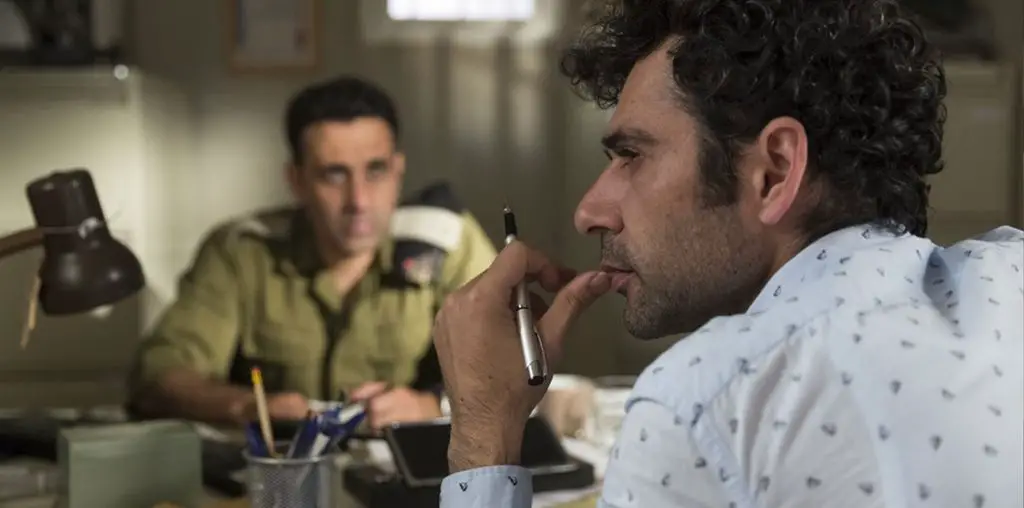
[…] Source_link […]